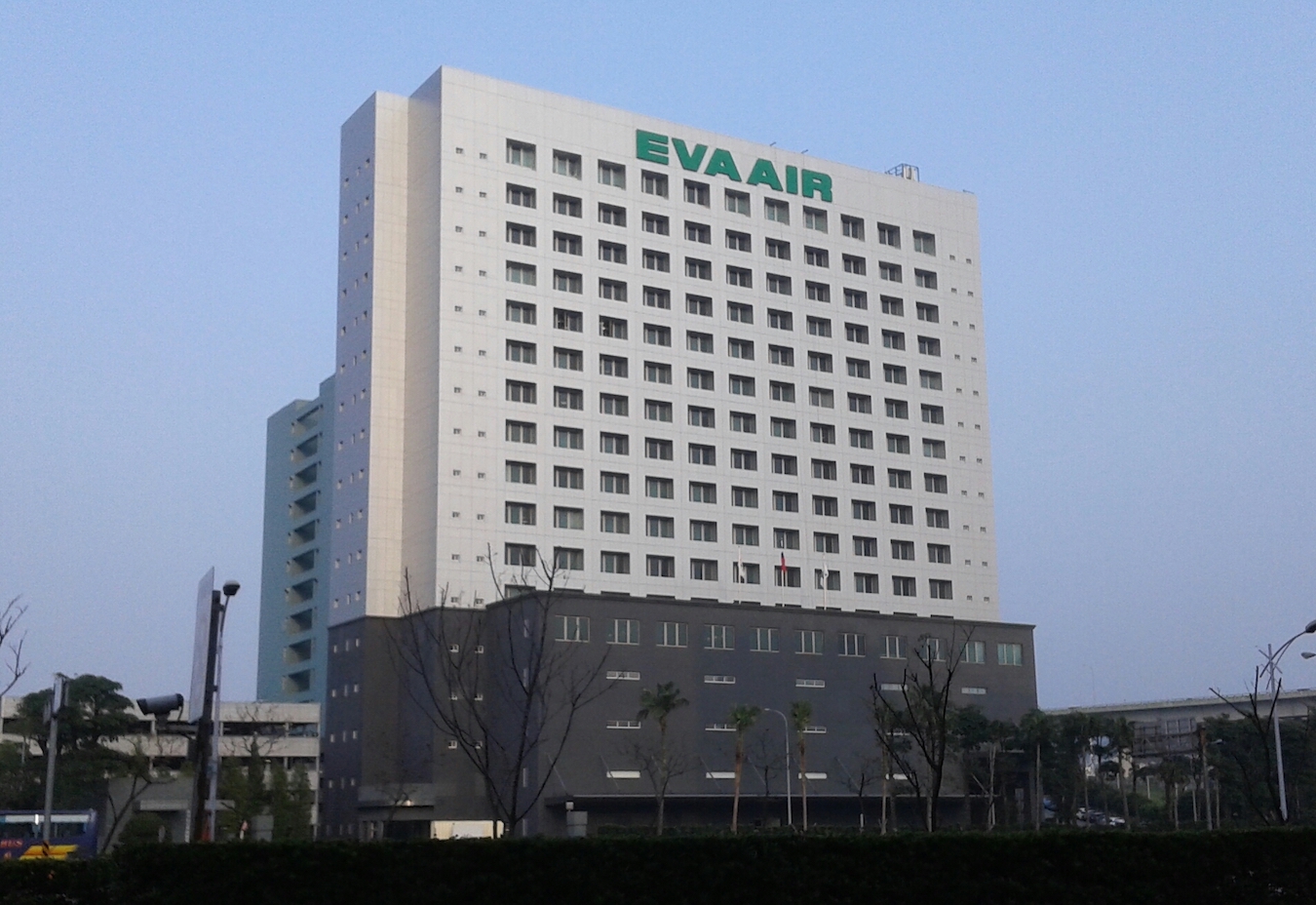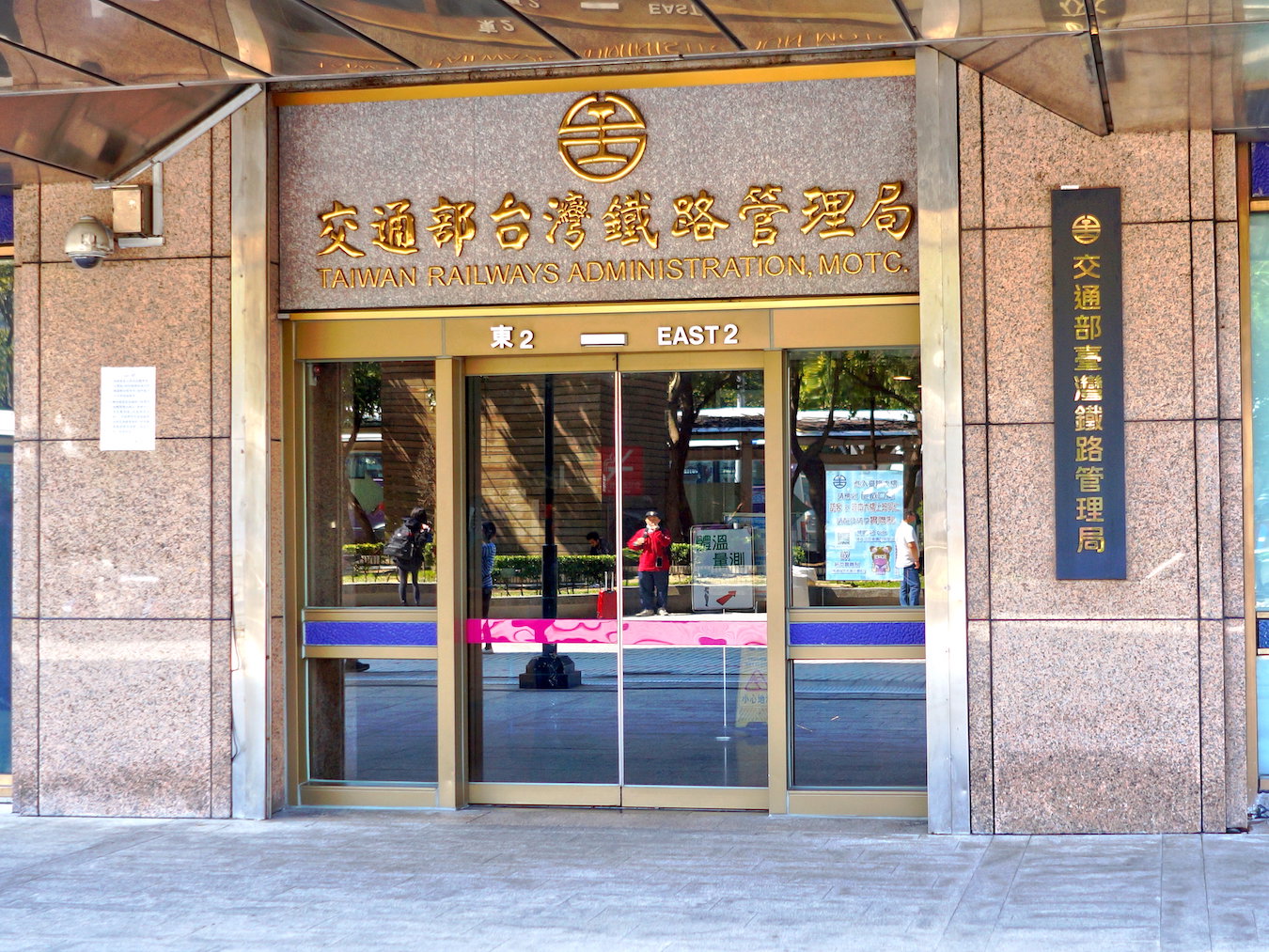by Brian Hioe
語言:
English
Photo Credit: 湯小沅/WikiCommons/CC0
STRIKES FOR EVA AIR and the Taiwan Railways are off ahead of the Lunar New Year, following negotiations by unions in both EVA and the Taiwan Railways Corporation (TRC) with the management of both companies. If the strikes had gone ahead, this would have posed significant disruption to travelers seeking to return home for the holidays.
EVA Air pilots won an increase of 13,500 NT in pay per month for senior pilots, which is 11,000 NT for senior deputy pilots, and 10,000 NT for deputy pilots. Job allowances and international allowances will be increased.
To this extent, salary scales will be adjusted. EVA also promised to refrain from hiring foreign nationals as captains unless there was a special need to do so. Namely, one of the demands of the Taoyuan Pilot’s Union that represented the EVA Air pilots was that the airline prioritize the hiring of Taiwanese pilots as captains, before turning to foreign nationals.
 Photo credit: Foxy1219/WikiCommons/CC BY-SA 4.0
Photo credit: Foxy1219/WikiCommons/CC BY-SA 4.0
With the threat of a looming strike over the Lunar New Year holiday, the EVA management announced historic bonuses of up to half a year’s pay in late December, as well as salary raises. This did not prevent the union from going ahead with a vote to strike, with the union overwhelmingly supporting the strike. Out of 910 members, 900 were in support of the strike, while 10 were not. The strike would have potentially lasted for not only the Lunar New Year, but also the Tomb Sweeping Holiday.
In the meantime, the prospective Taiwan Railways strike proved similar. The Taiwan Railways Union (TRU) moved on voting for a prospective strike as pressure on the Taiwan Railways Administration (TRA) management shortly after the transition of the TRA from an agency of government to a state-run enterprise, in the form of the Taiwan Railways Corporation (TRC). The transition puts an end to years of labor demonstrations against the transition, which workers criticized as de facto privatization, making their labor conditions more precarious and worsening conditions for rail safety. This is even though the TRA management claims that privatization will improve rail safety and avoid accidents such as the 2021 train derailment in Hualien that killed 49 and injured over 200, proving to be one of Taiwan’s deadliest rail accidents in history.
The TRA is accused of moving forward with corporatization in order to alleviate the substantial debt that the Taiwan Railways has taken on in past decades. To deal with costs, the TRA has largely cut staff in past decades, despite growing numbers of riders.
 Photo credit: Solomon203/WikiCommons/CC BY-SA 4.0
Photo credit: Solomon203/WikiCommons/CC BY-SA 4.0
The TRC management was called on by the TRU to provide an employment retention plan, given that the TRC could see a wave of departures by workers. The TRA has agreed to increase the on-call allowance for train conductors from 88 NT to 183 NT. The TRU had previously been critical of that there was a substantial gap between on-call allowances for train conductors and train drivers, in that while conductors were only given 88 NT, train drivers received 200 to 400 NT per hour. Likewise, while train drivers received 3,000 NT as a monthly retention allowance and 3,000 NT as hazard pay, conductors only received 40 NT in hourly hazard pay and 2,000 NT in monthly retention allowance per month.
The TRU moved ahead with voting on December 21st and more than half of union members voted for moving ahead with the strike, allowing the strike to legally proceed. However, narratives differ as to why the strike was called off, with some union organizers alleging lack of sufficient support from workers, while others framed it as a concession to the public to avoid deteriorating trust.
Indeed, corporate management has been successful at leveraging public outrage against transportation industry unions in recent memory. This has particularly been true when unions threaten strikes over holidays such as the Lunar New Year or Tomb Sweeping Holiday, given the potential for disruption. As such, transportation company managements have tried to push for unions to be required to give advance notice of strikes of a month or more in advance. This, of course, would be with the aim of blunting the effect of strikes. It is to be seen whether transportation unions will be able to maintain their ability to strike, as public backlash against the now regular threat of strikes over the Lunar New Year is on the rise.

